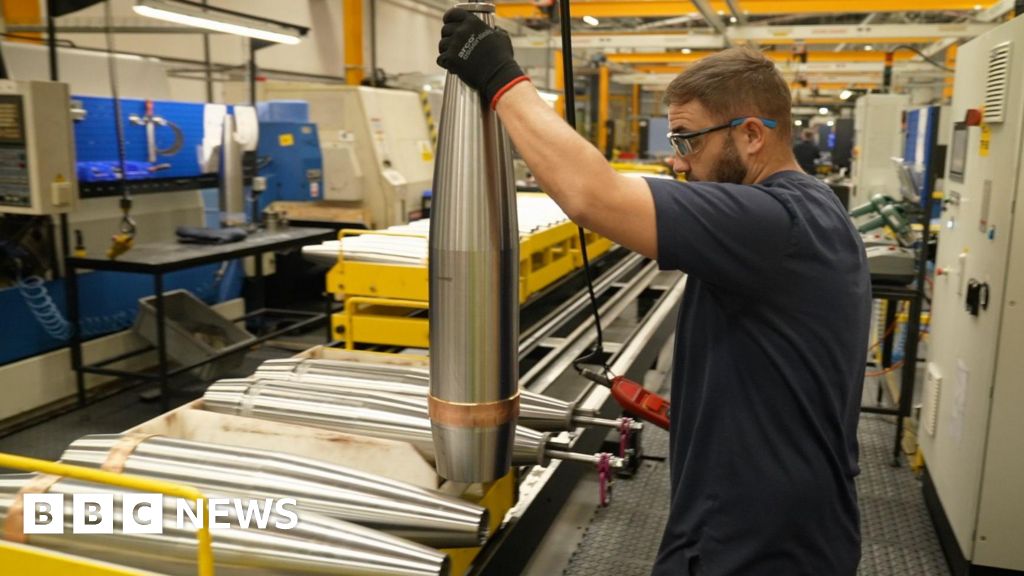ARTICLE AD BOX
By Beth Timmins
Business reporter, BBC News
Becton Dickinson (BD) - which makes blood test vials for the NHS - is ramping up imports to try to alleviate serious shortages of test tubes.
The firm told the BBC it has received "exceptional use authorisation" from UK authorities to import blood tubes that are already approved for use in other countries, such as the US.
BD said it has increased production capacity in the UK by 20%.
The firm will deliver 9 million blood tubes to the NHS this week.
Doctors have been told to stop most blood tests until 17 September, while hospitals have had to cut the total number of blood tests by a quarter.
The BBC has approached the Department of Health and Social Care for comment.
The NHS in England and Wales said it has temporarily stopped all non-urgent testing, due to the shortages and supply chain problems BD is facing.
The tests put on hold include those given to patients to diagnose fertility, allergies and pre-diabetes.
image sourceGetty Images
image captionMedical manufacturer BD employs over 65,000 people in more than 50 countries.The shortage will likely worsen over the next few weeks and last until mid-September, NHS England has warned.
Doctors have warned that they are in a "perilous" situation and are having to make difficult choices about which patients get blood tests because of the ongoing shortage of test tube supply problems.
On Saturday, Dr David Wrigley, the deputy chair of the doctors' union British Medical Association (BMA) stressed that the crisis had put doctors and their patients in a terrible, unenviable position.
"No doctor knowingly undertakes unnecessary blood tests and to now have to ration all those we are doing, as well as cancel hundreds more, goes against everything we stand for as clinicians," he said.
BD said on Monday that it is doing everything it can to help the NHS care for patients in the UK, by maximising production at all of its global manufacturing facilities that make blood tube products.
It said it is expediting shipments and "importing millions of units" from other regions of the world to the UK.
Like many other industries, the firm previously said that it was experiencing "continued transportation challenges" in addition to increased demand, which included port and transport capacity, air freight capacity and UK border challenges.
"Both healthcare systems and manufacturers are balancing demand and production," BD said.

 3 years ago
135
3 years ago
135








 English (US) ·
English (US) ·